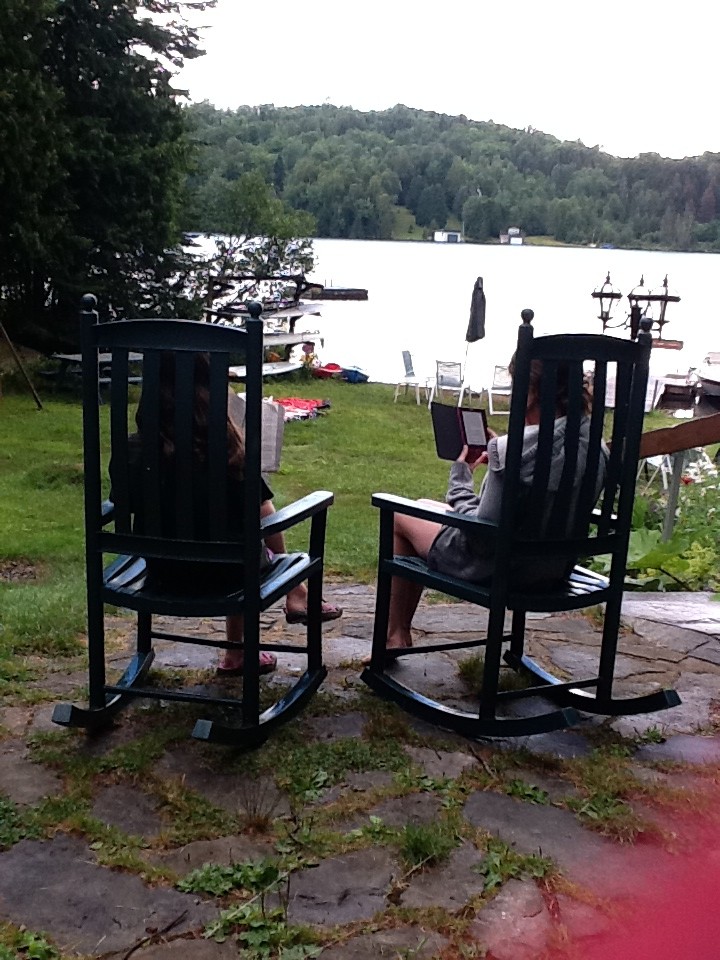If you have preteen or teenaged girls, you should know about websites (and Facebook apps) like Honesty Box or Fourspring.me and the potential pitfalls and risks they pose.
What are they all about? These sites are the web 2.0 equivalent of writing on the bathroom wall. They invite users to post mostly anonymous, public “constructive” criticism about each other. Honesty Box promises anonymity to users until they accumulate enough HB points to see what others have been saying about them. So users can tell each other what they really think about whether they look hot, if their boyfriend is cheating on them or if those new jeans make them look fat. Helpful stuff.
Fourspring.me invites users to post questions about anything and invite responses from other users. While some may use the site to get homework queries solves or address philosophical issues (“What came first: the chicken or the egg?”), most of the teen users take advantage of the site’s potential for stirring up muck and spreading rumours. It’s a dangerous recipe for hurt, paranoia and damaged self-esteem.
Honesty Box has provoked a lot of controversy as a consequence of the cyberbullying it enables. Users may find themselves targeted in malicious and extremely hurtful ways. An unsuccessful campaign was launched on ReallyWorried.com to get Facebook to remove the app. On the Internet, free speech generally prevails unless the PR tide turns ugly or money can no longer be made.
Producer Lynn Glazier did a fabulous three-part audio documentary on teens and the Internet for CBC Radio this past winter (It’s A Teen’s World: Wired for Sex, Lies and Power Trips, Part 1-3), in which she asks a group of teen girls why anyone in their right mind would want to open themselves to potentially hurtful comments online. While many of them acknowledged that upsetting things had been written about them online, they persisted using the sites because the occasional unsolicited positive comment (“You have really nice hair”) made them feel so good.
As a parent, there are several things you can do about sites like these. One is to bring them up in discussion (which is not at all the same thing as a lecture), and ask them if they have heard about these sites and what they think of them.
The second is to show them some of the excellent and highly watchable stuff produced about them (such as the CBC piece mentioned above, or this excellent video on Kelsie’s Teen Talk). Bear in mind that you shouldn’t be forcing them to watch it, but rather opening up a dialogue. Watch it with them, if they are OK with that.
The third thing you should do is show them how to opt out of the Honesty Box app on their Facebook account (even if they already are subscribers, they can unsubscribe).
The Internet is full of both opportunities and challenges for kids and teens, but it’s hard to see how sites and apps like these can be said to offer anything positive at all.


